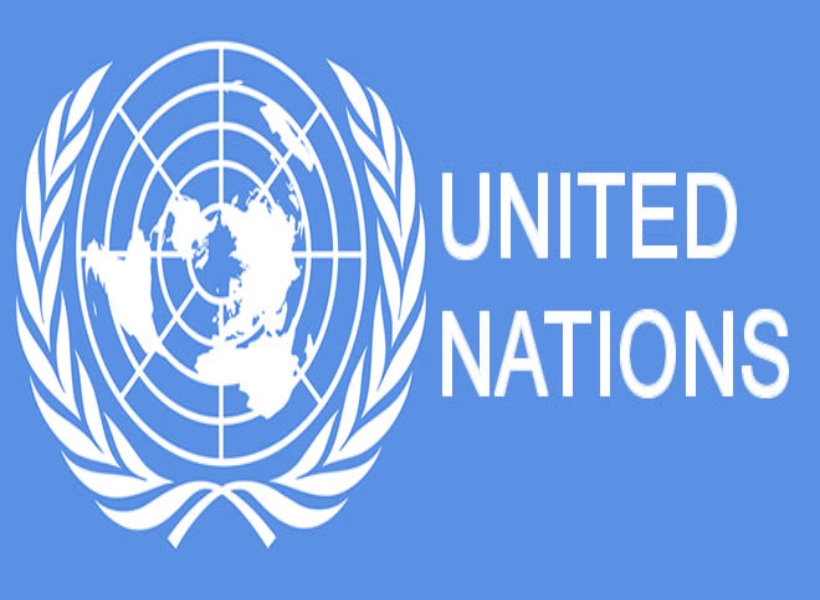In an oil and gas project, special instruments are used to drill holes into the earth’s surface to allow for the safe removal of the resource. When this process comes to an end, the equipment must be removed and the holes closed. This procedure is often referred to as decommissioning; a common element in the lifecycle of an oil and gas project.
However, if there is no clear policy or law that guides how oil operators are to go about the removal of these instruments and the closure of holes, a country will risk serious environmental harm that can last a lifetime. This risk is even greater when there are no funds reserved to address decommissioning and closure issues or/ and when there are no rules or guidelines on who must foot the bill for decommissioning.
On this basis, a team from the United Nations has called on Guyana to secure a decommissioning policy. The UN’s expert lineup comprised of the core members of the UN’s Subcommittee on Extractive Industries Taxation. They include Eric Mensah (Coordinator); Mohammed Baina, and Johan Cornelius de la Rey.
The team urged Guyana government to get a policy in place soon since a number of questions remain unanswered.
The UN officials said, “There are two key questions that must be answered in determining decommissioning in Guyana and how a policy might be administered. These are: Who has responsibility for decommissioning, (such as the government; the license holder; or shared between the licence holder and the government).”
“And who pays for the decommissioning? Is it the government that will pay for it all; the licence holder pays an agreed amount; the licence holder pays an agreed fraction; and/or the licence holder pays for it all? These decisions cannot be left up to the oil company and a few members of government to make. It must not be done on a contract by contract basis. It must be in a policy. These things can critically impact the tax rules applicable to decommissioning expenses.”
Going forward, the UN officials said that the Government of Guyana should develop a decommissioning policy that considers national, socioeconomic, environmental, finance and governance impacts. They said, too, that the agreement of regulators on the policy approach is essential for effective oversight and management of the decommissioning process.
Other global bodies have also alluded to the financial burden Guyana can expect to face when it has to deal with the decommissioning of the 17 wells Exxon Mobil drilled in the Stabroek Block for Liza phase. According to the International Monetary Fund (IMF), this will cost Guyana’s pocket nothing less than US$208M.













